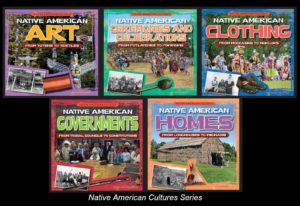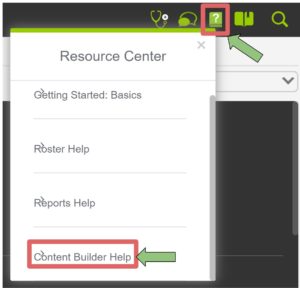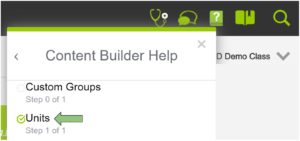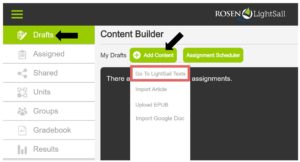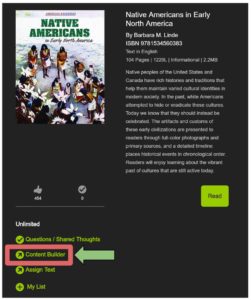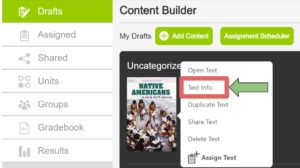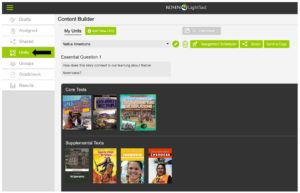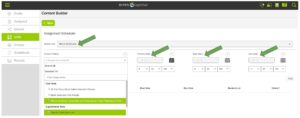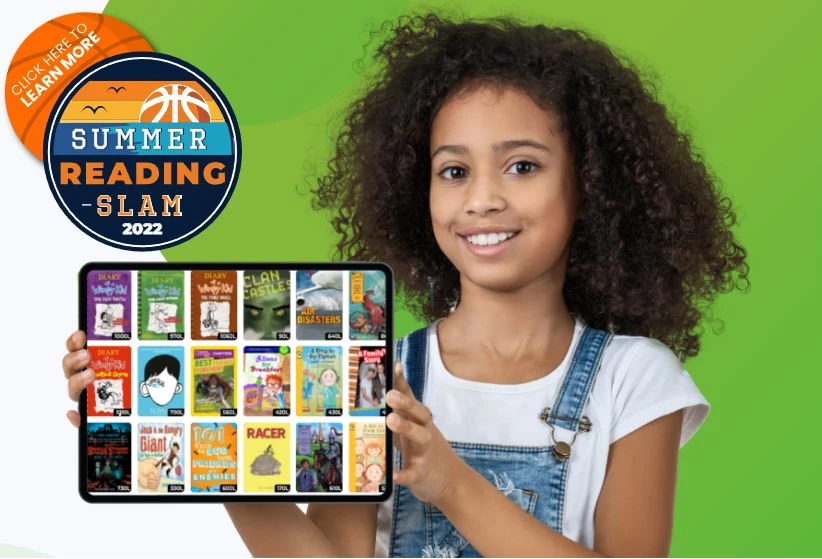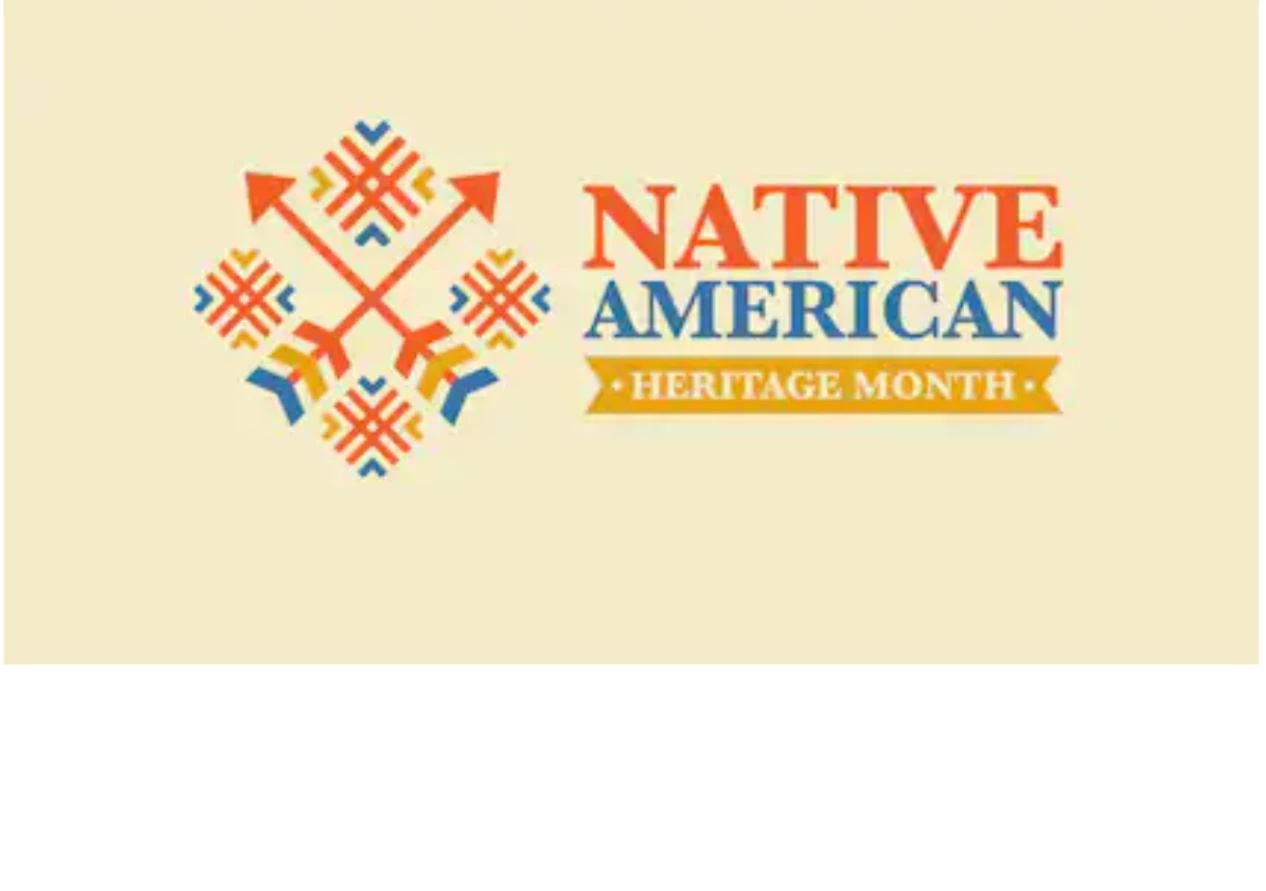
November was Native American Heritage Month. Did you know that more than five million people of Native American decent currently live in the United States? The U.S. is home to 565 federally-recognized Native American tribes and 334 reservations. The largest eight tribes are the Cherokee, Navajo, Choctaw, Mexican-American Indians, Chippewa, Sioux, Apache, and Blackfeet.
The many cultures of Native Americans are full of one-of-a kind traditions and celebrations. Whether people were dancing and singing at a Powwow or celebrating a marriage during a Potlatch, these indigenous people always put their community first. Students can learn about the art, ceremonies, clothing, homes and government of Native American tribes in Rosen-LightSail’s ‘Native American Culture’ series.
Most importantly, a critical attribute of studying Native American heritage is learning about the noteworthy similarities and differences of each tribe. Being able to distinguish these differences helps us to appreciate the complexity of the Native American culture.
In our Rosen-LightSail ‘Spotlight on Native Americans’ and ‘First Peoples of North America’ series, students can learn about 25 different tribes!
Teacher Tip:
Assign students two different tribes to read about. Then, ask them to Compare & Contrast different elements of each tribe. They can use the Active Reading Guide found HERE to take notes!
————-
Content Builder Spotlight
Building a Native American Themed Unit
Did you know that you can build your very own text set in Rosen-LightSail? Using our Content Builder module you can organize our texts into your very own unit, and/or bring in content from an online article or Google Document. This is the perfect way to support a thematic unit themed around Native Americans!
To begin, log in to your Teacher or Admin account. Click on the ? mark icon on the top right, this is our ‘Teacher Resource Center’. Next, scroll down to ‘Content Builder Help.’ Here you can find tutorial videos that will support you along the way:
Step 1: Create Your Unit
First, watch the ‘Units’ video:
Next, from your Navigation Bar click on ‘Content Builder’ :
Then, click on ‘Units’ and follow the directions from the video.
Step 2: Bring in Content
You can now add content into the unit, by click on ‘Drafts’, ‘+Add New Content’ and ‘Go to LightSail Texts’:
Once you find a text that you want to add to your unit, click on the ‘Content Builder’ button:
To add and organize content into your Native American’s unit, click on the cover of the book and ‘Text Info’ and filling out all of the information:
Repeat the steps above to bring in additional books themed around Native American heritage. Eventually creating a unit that may look something like this:
Step 3: Assign the Text to Students
Return back to the Teacher Resources Videos and watch the ‘Assign Texts’ video:
Lastly, follow the directions from the video to Assign this text or the entire unit to your students:
If you would like any support building your unit, please reach out to our LightSail Instructional Coaching team.
We would love to hear how you used our Native American themed books in your classroom. Remember, we are all part of this Learning Community. It’s fun to share ideas and work together to better our instruction!
Follow & Share on:
Twitter: @lightsailed
Instagram: @lightsailed
Facebook: LightSail Education
Posted on 12.Dec.19 in Featured, News, Literacy Strategies

